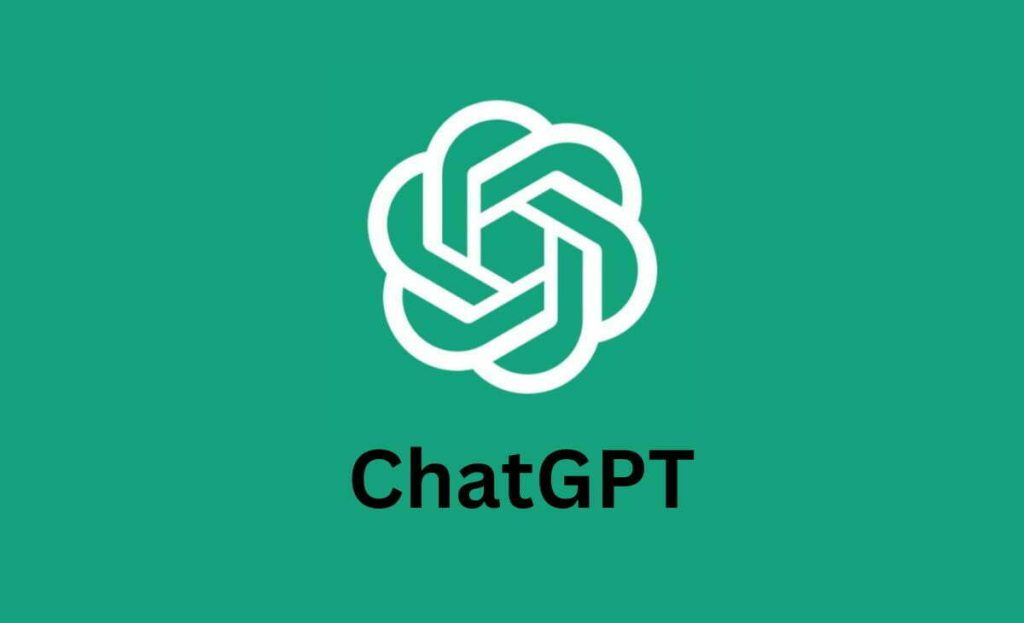ChatGPT adds meeting recording and cloud access
OpenAI’s latest tools allow ChatGPT to access cloud storage and internal files, instead of relying only on typed prompts or internet searches.

OpenAI has launched new features for ChatGPT that allow it to record meetings, transcribe conversations, and pull information directly from cloud platforms like Google Drive and SharePoint.
Instead of relying on typed input alone, users can now speak to ChatGPT, which records audio, creates editable summaries, and helps generate follow-up content such as emails or project outlines.
‘Record’ is currently available to Team users via the macOS app and will soon expand to Enterprise and Edu accounts.
The recording tool automatically deletes the audio after transcription and applies existing workspace data rules, ensuring recordings are not used for training.
Instead of leaving notes scattered across different platforms, users gain a structured and searchable history of conversations, voice notes, or brainstorming sessions, which ChatGPT can recall and apply during future interactions.
At the same time, OpenAI has introduced new connectors for business users that let ChatGPT access files from cloud services like Dropbox, OneDrive, Box, and others.
These connectors allow ChatGPT to search and summarise information from internal documents, rather than depending only on web search or user uploads. The update also includes beta support for Deep Research agents that can work with tools like GitHub and HubSpot.
OpenAI has embraced the Model Context Protocol, an open standard allowing organisations to build their own custom connectors for proprietary tools.
Rather than serving purely as a general-purpose chatbot, ChatGPT is evolving into a workplace assistant capable of tapping into and understanding a company’s complete knowledge base.
Would you like to learn more about AI, tech and digital diplomacy? If so, ask our Diplo chatbot!
